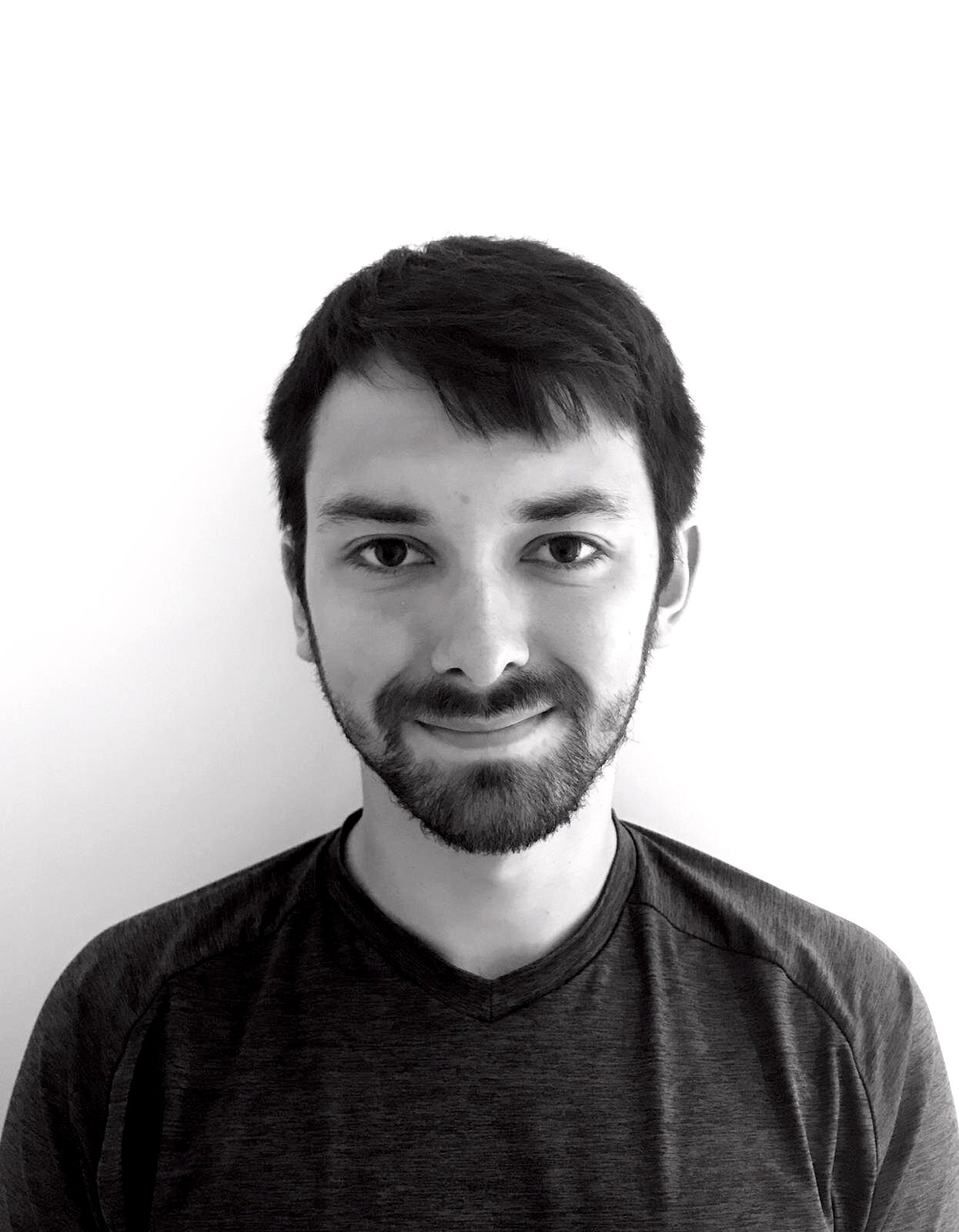Pain is communication - by Kirsty Coltart
As a psychotherapist, I am very much interested in pain as a form of communication. Pain lets us know that something needs attending to. Emotional pain is difficult to express at times and often the only way it finds expression is through the body as physical pain.
In a society that so highly values positivity, independence and resilience, there is often little room for expression or sharing of our more uncomfortable emotions like hate, desperation, apathy, anger, disappointment. I believe that if these emotions are suppressed or pushed down by phrases like “but I shouldn’t be feeling this” or “it’s not that bad, things could be worse” then their only chance of expression is perhaps physical.
Depression and anxiety are states calling out for something to be listened to. A bit like a computer that’s on go-slow, it’s a message that the system is overloaded. Mental pain is communication. Pain only turns into suffering when we resist it. If we can allow the pain and really listen to its communication then we may begin to find relief.
I offer a place to give these emotions space and once they are given space there is room for something else to emerge. Often in our family or societal culture it’s believed that not to give attention is the best policy. How often are we offered or offer others ways to not look at or listen to it? Distraction or denial is often considered the best option. Outdoor exercise, spending time with people, and having a purpose are all essential components to mental wellbeing but if they are being used to avoid listening to what our emotions are saying then pain turns into suffering.
My work can offer the chance for fundamental personal change and I really want to hear and listen closely to what your pain is trying to say. So the next time you are experiencing emotional discomfort try saying “this is me feeling confused/sad/bored/annoyed”. There doesn’t need to be a reason or solution, it’s just the way it is. Embrace and invite in what you are feeling rather than trying to dismiss it. In a world where everything is in flux and nothing is permanent, learning to experience what is rather than wishing for something different is a liberating first step.




































